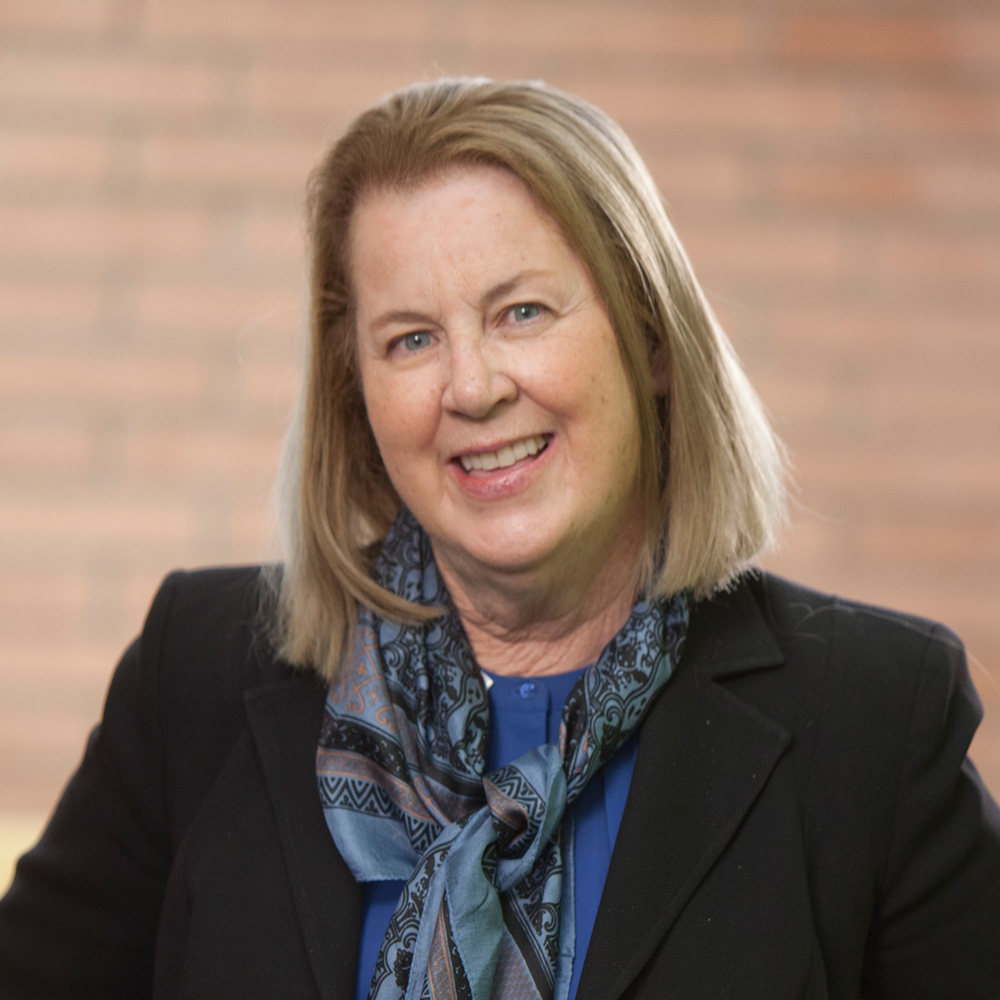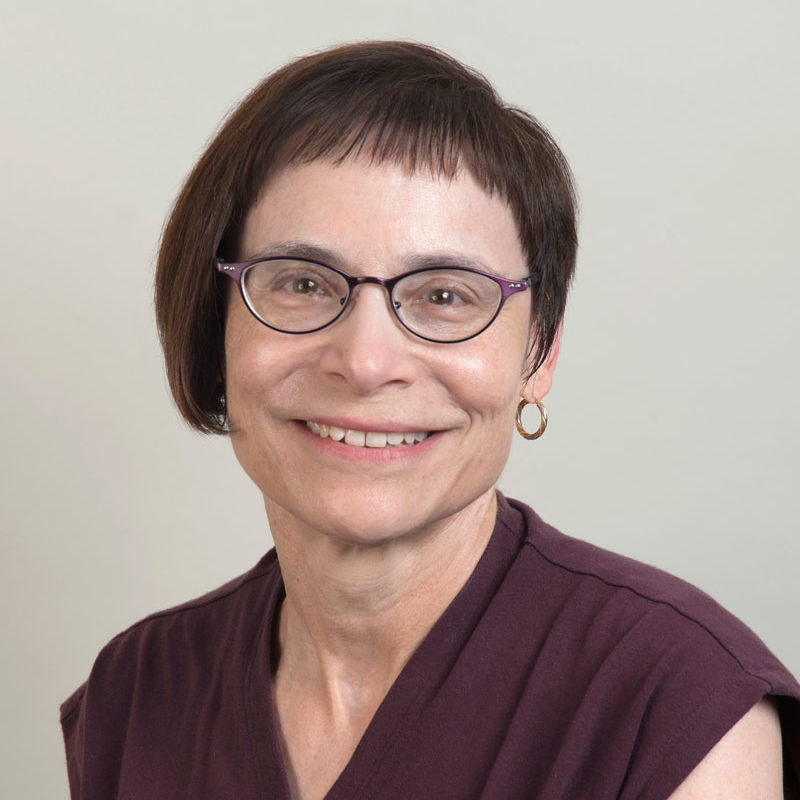Emma Aguila is an Associate Professor at the USC Sol Price School of Public of Policy. She has significant experience designing and implementing field experiments and longitudinal surveys. She has led a randomized control trial analyzing the impact of a non-contributory pension program in the State of Yucatan, Mexico. She is advisor of the Mexican Health and Aging Study (MHAS) survey in Mexico and the Social Protection Survey (EPS) in Latin America.
eaguilav@usc.edu | more info
Hooman Allayee is an Associate Professor of Preventative Medicine at the Keck School of Medicine and is a member of the Institute for Genetic Medicine.
hallayee@usc.edu | more info
Thalida Em Arpawong is a Research Assistant Professor of Gerontology at USC. Her research interests revolve around disentangling how risk and resilience processes combine to influence psychosocial and cognitive health throughout aging.
arpawong@usc.edu | more info
Hiram Beltrán-Sánchez is an Associate Professor for the Department of Community Health Sciences at UCLA.His research focuses on the demography of health and aging.
beltrans@ucla.edu | More Info
Daniel Benjamin is a Professor in the UCLA Anderson School of Management and the Department of Human Genetics of the Geffen School of Medicine. His research is on behavioral economics (which incorporates ideas and methods from psychology into Economics analysis) and genoeconomics (which incorporates genetic data into economics).
djbenjam@usc.edu | More Info
David Black is an Assistant Professor of Preventive Medicine at USC. His research focuses on the delivery and evaluation of mind-body medicine modalities, specifically mindfulness training, in order to modify psychological stress and other mental/physical health symptoms and states.
davidbla@usc.edu | More Info
Julienne E. Bower is an Associate Professor in the Departments of Psychology and Psychiatry/Biobehavioral Sciences at UCLA. Her research focuses on the reciprocal interactions among behavioral, immunological, and neuroendocrine processes. The majority of her research has focused on individuals undergoing chronic stress, including pioneering work on the biological mechanisms underlying fatigue and other behavioral disturbances in cancer patients and survivors. Her research also examines the impact of stressful life events, and cognitive and emotional responses to those events, on behavioral and biological outcomes.
JBower@ucla.edu | more info
Arleen Brown is an Associate Professor at the UCLA Division of General Internal Medicine and Health Services Research. Her research focuses on minority health issues and she has recently received funding from the Robert Wood Johnson Foundation for a study of health care needs among Medicare beneficiaries with diabetes.
abrown@mednet.ucla.edu | more info
Judith Carroll is an Adjunct Assistant Professor in the Department of Psychiatry at UCLA. Her research focuses on identifying the biological mechanisms through which behavioral and psychosocial factors influence vulnerability for age-related disease, immunosenescence, and accelerated aging. My translational work asks how sleep loss, psychosocial adversities, socioeconomic disparities, and early life toxic stress may operate at the system and cellular level to affect the aging process and disease vulnerability, with a particular emphasis on examining cellular stress, inflammation, cellular aging, and allostatic load.
carrollje@ucla.edu | more info
Susan Enguidanos is an Associate Professor of Gerontology at USC. Her research interests include palliative care, continuity of care, models of end-of-life care, ethnic disparities in access to end-of-life care, and physician-patient communications.
enguidan@usc.edu | more info
Susan Ettner is a Professor in the Division of General Internal Medicine and Health Services Research at the UCLA School of Medicine and in the Department of Health Policy and Management in the UCLA Fielding School of Public Health.
 settner@mednet.ucla.edu | more info
settner@mednet.ucla.edu | more info
Brian Finch is a Research Professor of Sociology and Spatial Sciences.
brian.finch@usc.edu | more info
Caleb E. Finch is an ARCO/ Kieschnick Professor in the Leonard Davis School of Gerontology at USC.
cefinch@usc.edu | more Info
Margaret Gatz is a Professor of Psychology, Gerontology, and Preventative Medicine at USC. She is a psychologist who has worked on cognitive and behavioral functioning in a longitudinal panel of elderly Swedish twins.
gatz@usc.edu | more info
Dana Goldman is a Professor and the Norman Topping Chair in Medicine and Public Policy at USC, as well as the Director of the Leonard D. Schaeffer Center for Health Policy and Economics. He is also a research associate with NBER and is the Director of the RAND/UCLA Health Services Research Postdoctoral Training Program. His research focuses on the role of health care and health insurance in determining health-related outcomes.
dpgoldma@usc.edu | more info
Gail Greendale is a Professor of Medicine in the Multicampus Program in Geriatric Medicine and Gerontology at UCLA. She is currently the Principle Investigator for the UCLA site of the multi-center, longitudinal study of the menopausal transition, the Study of Women’s Health Across the Nation (SWAN).
ggreenda@mednet.ucla.edu | more info
Patrick Heuveline is a professor of Sociology at UCLA. His research focuses on how childhood family structures affect child wellbeing and the transition to adulthood.
heuveline@soc.ucla.edu | more info
Jessica Ho is an Assistant Professor of Gerontology at USC. She is a demographer and sociologist who studies the social determinants of health and mortality.
jessica.y.ho@usc.edu | more info
Andrei Irimia is an Assistant Professor of Gerontology at USC. He uses uses multimodal neuroimaging to understand how traumatic brain injury (TBI) alters brain aging.
irimia@usc.edu | more info
Michael Irwin is the Norman Cousins Professor of Psychiatry and Behavioral Science in the David Geffen School of Medicine at UCLA, Director of the Cousins Center for Psychoneuroimmunology at the UCLA Semel Institute, Director of the UCLA Cousins Center in Psychoneuroimmunology, Director of the Training Program in Psychoneuroimmunology and Mental Health, and Director of the Inflammatory Biology Core of the Older Adults for Independence Center. Working in the area of psychoneuroimmunology for nearly two decades, his research is broadly based on the interactions between behavior and immunity, with an emphasis on the relationships between sleep disturbance, depression, and inflammation in older adults. He has conducted large-scale longitudinal studies that have examined the prospective relationships between depression, insomnia, fatigue and proinflammatory cytokine activity in older adults. In addition, he has conducted experimental studies that have examined the role of inflammation on induction of the depressive symptoms and neurobiological correlates, as well as the role of sleep disturbance in the modulation of cellular and genomic markers of inflammation, including monocytic cellular expression of inflammatory cytokines and activation of the transcription factor nuclear factor (NF) kB.
mirwin1@ucla.edu | more info
Arie Kapteyn is a Professor of Economics and the founding Executive Director of the Dornsife Center for Economic and Social Research at USC.
kapteyn@dornsife.usc.edu | more info
Arun Karlamangla is a Professor of Medicine at UCLA. His research focuses on the predictors of cardiovascular disease risk and hip fracture risk in older adults.
akarlamangla@mednet.ucla.edu | more info
Jung Ki Kim is a Research Associate Professor at the Andrus Gerontology Center at USC. Her research focuses on the relationship between socioeconomic status and biological risk. She is also working on a cross-country comparison of health status.
jungk@usc.edu | more info
Jinkook Lee is a program director in Dornsife Center for Economic and Social Research at USC. She works on international aging, and actively participates in preparing, archiving, and disseminating international population surveys including HRS and LASI.
jinkook.Lee@usc.edu | more info
Adriana Lleras-Muney is a Professor of Economics at UCLA. Her research focuses on understanding the positive relationship between education and health, including mechanisms by which education affects health.
alleras@econ.ucla.edu | more info
Valter Longo is an Edna M. Jones Professor of Gerontology and Biological Science. His research addresses fundamental mechanisms of aging at the cellular level and identifying the molecular pathways shared in both humans and simple organisms.
vlongo@usc.edu | more info
Wendy Mack is a Professor in the Department of Preventive Medicine at USC. Her research focuses on heart disease interventions.
wmack@usc.edu | more info
Carol Mangione is a Professor of Medicine and Public Health at UCLA. She is also the Program Director for the Center for Health Improvement of Minority Elderly (CHIME).
cmangione@mednet.ucla.edu | more info
Mara Mather is a Professor of Gerontology and Psychology at USC. Her research focuses on emotion, cognition and aging.
mara.mather@usc.edu | more info
Heather Elizabeth McCreath is an Associate Director in Research Operations Core, Division of Geriatrics at UCLA, and a researcher in Division of Geriatrics, Department of Medicine at UCLA. Her current research interest includes the use of biomarkers in understanding the aging process, the detection of skin damage and pressure ulcers, and alternative care delivery models.
hmccreath@mednet.ucla.edu | more info
Kathleen McGarry is a Professor of Economics at UCLA and a Research Associate at the NBER.
mcgarry@ucla.edu | more info
Sharon Stein Merkin is an Assistant Researcher in the Division of Geriatrics at UCLA.
smerkin@mednet.ucla.edu | more info
Carol Prescott is a Professor of Psychology at USC and is the Director of Graduate Studies in the Department of Psychology.
cprescot@usc.edu | more info
David B. Reuben is the Director of the UCLA Multicampus Program in Geriatric Medicine and Gerontology and Director of the UCLA Older Americans Independence Center (Pepper Center).
dreuben@mednet.ucla.edu | More Info
Theodore Robles is an Associate Professor of Psychology in the Department of Psychology at UCLA. His research examines the biological mechanisms that explain how close relationships impact physical health, and factors like age that might amplify the benefits and costs of close relationship functioning on health.
robles@psych.ucla.edu | More Info
Gary Small is a Professor of Psychiatry and Biobehavioral Sciences and Parlow-Solomon Professor on Aging at the David Geffen School of Medicine at UCLA, and the Director of the Center on Aging at UCLA. His research focuses on cognition with specific attention to the influence of estrogen and other pharmacologic agents on risks for dementia and cognitive declines more generally. He has examined the influence of APOE-4 on cerebral glucose metabolism in relatives at risk for familial Alzheimer’s Disease and the role of other biological predictors of Alzheimer’s Disease.
gsmall@mednet.ucla.edu | more info
Arthur Stone is a Professor of Psychology and a Director of the USC Dornsife Center for Self-Report Science.
arthuras@usc.edu | more info
John Strauss is a Professor of Economics at USC. He is currently the Principal Investigator of the Indonesia Family Life Survey (IFLS) and is involved in the China Health and Retirement Longitudinal Survey (CHARLS).
jstrauss@usc.edu | more info
Shelley Taylor is a Professor in the Department of Psychology at UCLA
taylors@psych.ucla.edu | more info
Arthur Toga is Provost Professor of Ophthalmology, Neurology, Psychiatry and The Behavioral Sciences, Radiology and Engineering and Ghada Irani Chair in Neuroscience, Director, USC Mark and Mary Stevens Neuroimaging and informatics institute. He is interested in the development of new algorithms and the computer science aspects important to neuroimaging.
toga@usc.edu | more info
Dawn Upchurch is a Professor in the Department of Community Health Sciences at UCLA School of Public Health. She is a member of the Biodemography Core Committee for the UCLA California Center for Population Research (CCPR).
upchurch@ucla.edu | more info
Barbara Vickrey is a Professor of Neurology in the David Geffen School of Medicine at UCLA. Her research seeks to create ways to translate into routine care findings about therapies that have been proven – through randomized controlled trial evidence – to better the health of people with neurologic conditions. She has developed tools to assess quality of care and to measure patient-oriented outcomes such as health-related quality of life, and led research to analyze what components of the healthcare delivery system “explain” why there is low uptake of randomized trial evidence into practice
bvickrey@mednet.ucla.edu | more info
Mitchell Wong is a Professor of General Internal Medicine and Health Services Research at UCLA. His research focuses on racial and ethnic differences in health.
mitchellwong@mednet.ucla.edu | more info
Elizabeth Zelinski is a cognitive psychologist, Rita and Edward Polusky Chair in education and aging, and a Professor of Gerontology and Psychology at USC whose area of expertise is in longitudinal change in cognition in older adults.
zelinski@usc.edu | more info


